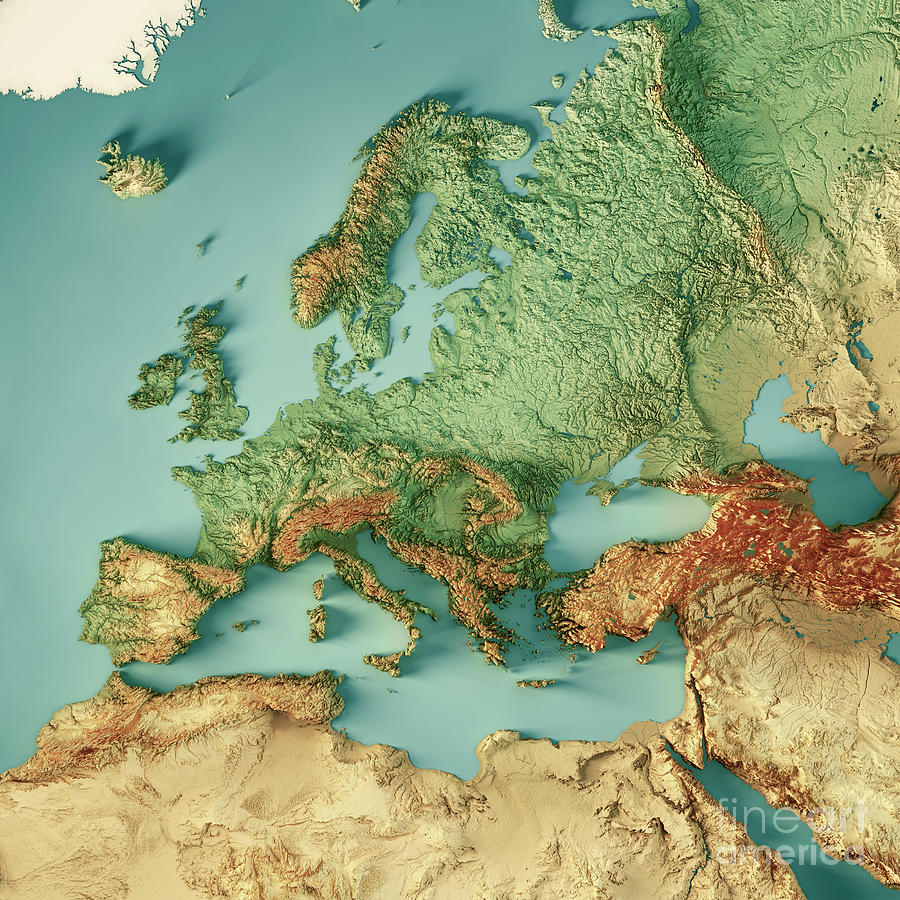deleted by creator
Ride the Iron Sloth
Thank you for posting here! Have you ever taken it?
I have and it’s awesome. The best place to ride is at the very back of the cars - there’s a huge window back there.
Yeah, it’s fun and quite convenient.
For anyone that is intrigued here is a 10 hour loop of the train.
I once spent a night in Wuppertal just to ride this thing. Rode it from end to end, and then again the next morning. What was unexpected was how modern it is. You might expect a rickety historic tourist contraption, but in fact it’s a modern metro with great views and an unusual ride.
As I understand it, in most countries the railway would be completely uneconomical since it has no off-the-shelf parts and there are no tourists in Wuppertal, but in Germany it makes some sense since it can be used as a sort of training bed for local engineering students and industry.
It probably isn’t the best use of the city’s funds, but given the specific geography of the city, using the space above the river that runs along the entire narrow valley that makes up most of Wuppertal, it does make some sense.
There’s a cool video from this train in 1902:
This is the best summary I could come up with:
We spent a month Interrailing around the Netherlands, Austria, Switzerland, Germany, Belgium and France, so my family of five felt like we’d experienced everything that train travel had to offer.
Unlike lots of city transport systems that are a bit tucked away, such as the London Underground, this one’s very visible, given the huge green frames that hold the rail above the road and river.
It took another 80 years before construction work began on the electric system we see today, with the upside-down monorail offered to big cities like Berlin and Munich before being installed in what is now known as Wuppertal.
But there’s still plenty of ticket options, including buying the €49 monthly DeutschlandTicket that covers all local transport like buses, subways, trams, S-Bahns and regional trains throughout Germany.
As well as its unique train system beloved by both tourists and commuters, Wuppertal also lays claim to being the greenest town in Germany, as you’re never more than 10 minutes’ walk from one of its many green spaces.
There’s plenty of fascinating stories over its 125 years in existence, including the time that a circus elephant was being transported in one of the carriages as a publicity stunt in 1950, before panicking, smashing through a window and falling into the river below.
The original article contains 867 words, the summary contains 214 words. Saved 75%. I’m a bot and I’m open source!






